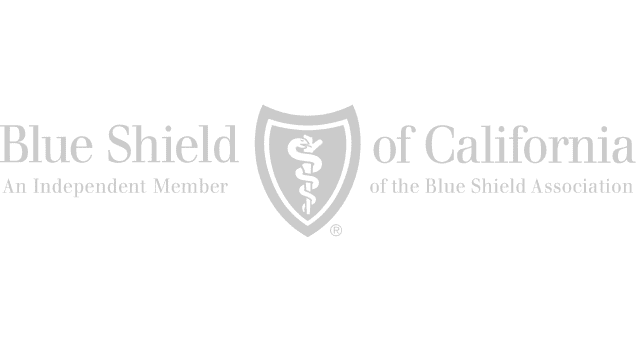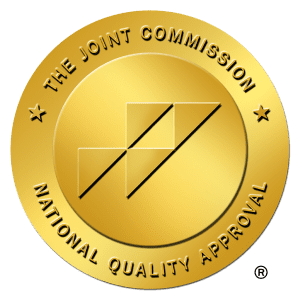Developed by Dr. Heller over the course of his 45 year clinical career, NARM was first introduced in his widely selling book Healing Developmental Trauma: How Early Trauma Affects Self-Regulation, Self-Image and the Capacity for Relationship. Currently available in over ten languages.
The NARM model is a powerful approach to addressing Adverse Childhood Experiences (ACEs) and its long-term consequences, as highlighted in the 1995 (ACEs) Study (CDC/Kaiser Permanente): ACEs are common. For example, 28% of individuals report physical abuse and 21% report sexual abuse. Many also reported experiencing a divorce or parental separation, or having a parent with a mental and/or substance use disorder.


















